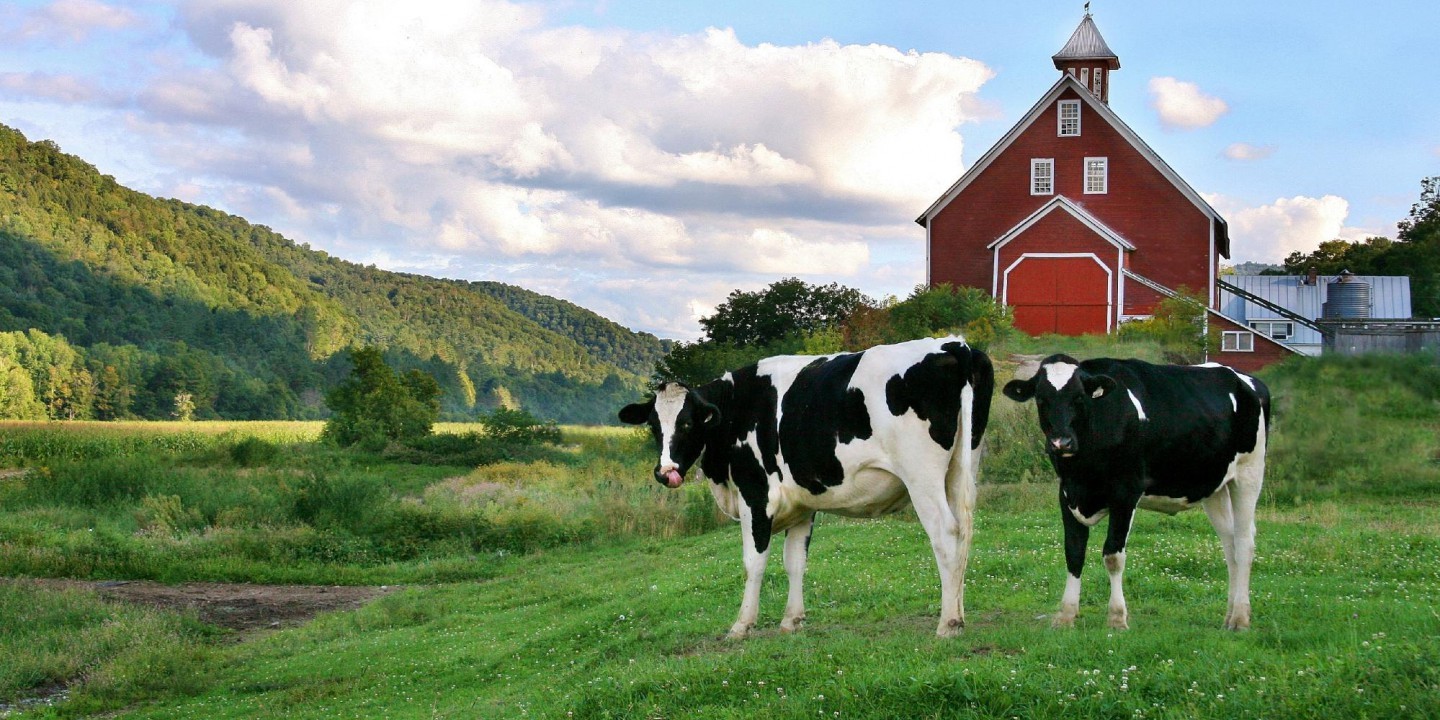
Traditional dairy milk production has pros and cons
Traditional dairy milk production involves raising cows on farms, where they are fed and cared for in order to produce milk. The cows are usually kept in large facilities where they are milked regularly, and the milk is then collected and processed for distribution.There are several environmental concerns associated with traditional dairy milk production:
- Land use: Traditional dairy farming requires a significant amount of land for grazing and feed production, which can contribute to deforestation and habitat loss.
- Water use: Dairy farming is also water-intensive, with large amounts of water required for irrigation and to hydrate the cows.
- Greenhouse gas emissions: The cows themselves are also a significant source of greenhouse gas emissions, primarily in the form of methane, which contributes to climate change.
- Waste and pollution: The large quantities of manure produced by dairy cows can contribute to water and air pollution if not properly managed.
Despite these environmental concerns, there are also some potential benefits of traditional dairy milk production:
- Nutritional value: Dairy milk is a good source of calcium, protein, and other essential nutrients, which can contribute to a healthy diet.
- Economic benefits: Dairy farming provides jobs and contributes to the local economy in many rural areas.
- Cultural significance: Dairy milk and dairy products are an important part of many cultures and cuisines around the world.
However, it is important to note that there are also alternative sources of these nutrients and cultural foods that may have a lower environmental impact, such as plant-based milk and meat alternatives. Additionally, there are efforts underway to make traditional dairy farming more sustainable, such as reducing greenhouse gas emissions and improving manure management practices.
Ethical concerns
Traditional dairy milk production involves the use of cows, which can raise ethical concerns related to animal welfare.Dairy cows are often confined to small spaces, such as stalls or feedlots, which can restrict their movement and cause discomfort and stress. In traditional dairy farming, calves are often separated from their mothers shortly after birth in order to prevent them from consuming the milk intended for human consumption. This separation can cause emotional distress for both the mother cow and the calf.
Dairy cows are often subjected to selective breeding and other practices to increase milk production, which can lead to health issues such as mastitis and lameness. Dairy cows are typically slaughtered when their milk production declines, which can raise ethical concerns related to animal welfare and the treatment of animals in the meat industry.
These ethical concerns have led to increased interest in alternative methods of milk production, such as cellular agriculture, which aim to provide a more sustainable and ethical source of milk without relying on traditional animal agriculture practices.